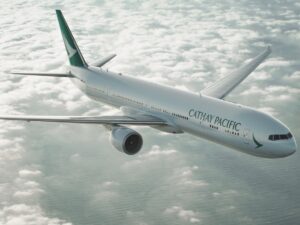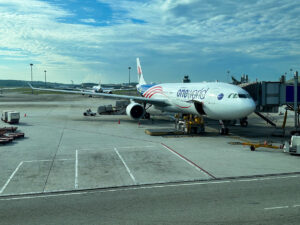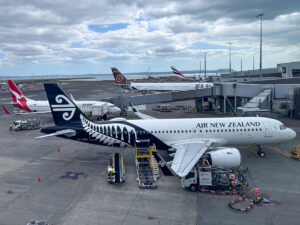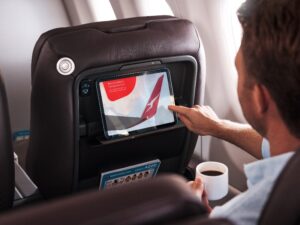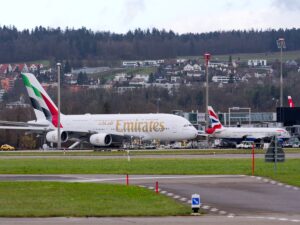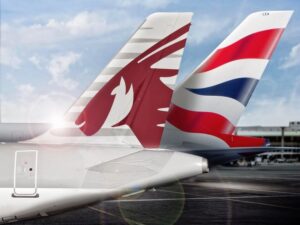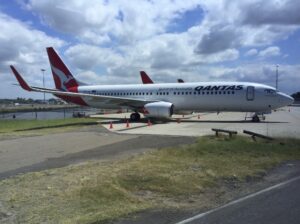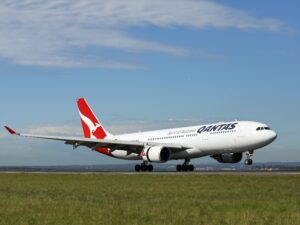
The cost-cutting and job losses are far greater than those announced in the last major shake-up back in February 2014, when 5,000 jobs were cut. Today, Qantas announced 6,000 permanent job losses. 15,000 additional staff will continue to be stood down for extended periods, particularly those involved in the international operation, which is not expected to fully recover for around 3 years based on IATA predictions.
Overall, Qantas hopes to reduce costs by $15 billion during the next 3 years of reduced flying activity. It’s also targeting $1 billion in ongoing annual cost savings from 2023.
Qantas also announced today that it plans to raise $1.9 billion in new equity to accelerate the airline’s recovery.
6,000 jobs permanently axed
Qantas CEO Alan Joyce said that the COVID-19 downturn has left the airline with no choice but to restructure if it is to remain competitive.
“Adapting to this new reality means some very painful decisions. The job losses we’re announcing today are confronting. So is the fact thousands more of our people on stand down will face a long interruption to their airline careers until this work returns,” Joyce said.
“What makes this even harder is that right before this crisis hit, we were actively recruiting pilots, cabin crew and ground staff. We’re now facing a sudden reversal of fortune that is no one’s fault, but is very hard to accept.
“This crisis has left us no choice but we’re committed to providing those affected with as much support as we can. That includes preserving as many jobs as possible through stand downs, offering voluntary rather than compulsory redundancies where possible, and providing large severance payouts for long serving employees in particular.”
This is a very sad time indeed for the skilled and hard-working Qantas ground staff, cabin crew, pilots, engineers, contractors and those in corporate roles who will lose their jobs due to COVID-19.
Boeing 747s to be retired immediately, 100 planes to remain grounded
All remaining Boeing 747s in the Qantas fleet will be retired immediately, with the final aircraft left in Australia (VH-OEJ) due to be flown to Los Angeles next Tuesday.
With Qantas predicting that international travel will not return until the second half of 2021, around 100 Qantas Group aircraft will remain grounded for up to a year, or longer, including most of the international fleet. This includes Qantas’ A380s, which are being placed in deep storage and may not emerge for up to 3 years. Qantas has also substantially written down the value of its 12 A380 aircraft.
The grounding of Airbus A380 also means the loss of Qantas First Class for the foreseeable future.
Airbus A321neo and Boeing 787-9 deliveries have been deferred by the Qantas Group, and some leased aircraft may be returned to lessors earlier than planned as their current lease periods expire.
But Alan Joyce was surprisingly optimistic about the long-term future of Project Sunrise, Qantas’ plan to fly non-stop from Sydney to London and New York, which was indefinitely placed on hold last month.
“We know that flying will return. Our people will be back in the skies. No aircraft will sit idle. And new ones will be arriving – including for more ultra long-haul flights,” Joyce said.
“We know this new plan can get us back on track. Back to growth, back to profit and back to pushing boundaries with things like Project Sunrise.”
Domestic recovery will happen sooner than international
Qantas is hoping to return 40% of its domestic flights to the air by the end of July, subject to state borders reopening. Further domestic flights could resume later this year, but it will take a long time for international travel to recover.
“There are some green shoots domestically. We’re planning to be back to 40 per cent of our pre-crisis domestic flying during July and hopefully more in the months that follow. But we’ll be living with COVID for some time and recent events show we can’t take a low infection rate for granted,” Joyce said.
“It’s clear that International travel is likely to be stalled for a long time.”
In April, Qantas flew just 2.9% of the severely reduced number of international passengers flying to or from Australia. (In the same month, Qatar Airways’ market share rose from 3% to 44.5%.) Qantas is no longer operating any international passenger flights at all.
This year, Qantas turns 100 years old. It’s fair to say that Qantas’ centenary is not the year anyone had hoped for.
Join the discussion on the Australian Frequent Flyer forum: Qantas Equity $1.9B Raising and Announcements June 2020
